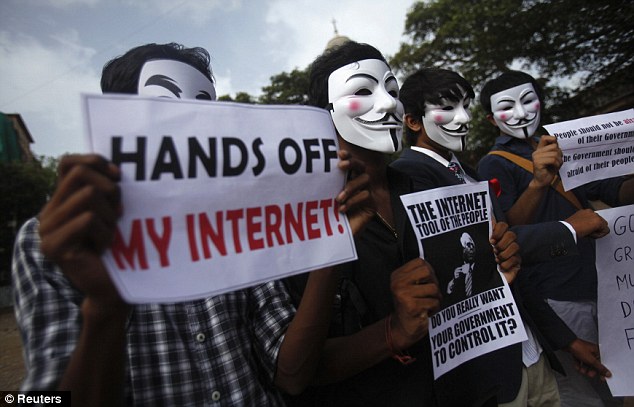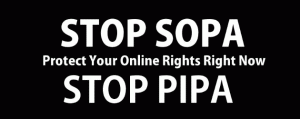Within the current year, a couple of researchers from George Mason University, have established a website called WCITLeaks.org. This site allows users to upload and share documents that many government officials don’t want you to know about. One of which being the “Draft Compilation of Proposals with Options for Revisions to the ITRs.”
This ties into Russia’s desire to censor the internet. The United States plans to put this action to a halt at a United Nations conference later this year. Russian officials say they want the right to block access where it is used for “interfering in the internal affairs, or undermining the sovereignty, national security, territorial integrity and public safety of other states, or to divulge information of a sensitive nature”.
This may sound like a reasonable cause but the power that this would give the Russian government is far too fearful.
Members of the United Nations will gather this December to create a treaty for the World Conference on International Telecommunications. Russia has clearly shown the direction they want internet development to head in.
Russian President Vladimir Putin has strongly felt a need for centralized control over the internet.

U.S. delegation has promised to block any and all proposals from Russia, and other countries for that matter, that they find to threaten the current governing structure of the internet or give “tacit approval to online censorship.”
However, these assurances have yet to lessen tension for bureaucrats and those that hold the power of the internet so dearly. The possibility of damaging the world’s single most powerful engine for exchanging information, employment opportunities, and revolution across the globe has kept many on their toes.
“Examples of where the internet has acted as a voice for change include when social networks played a key role in the Arab Spring uprisings that last year upended regimes in Egypt and Tunisia.”
Besides these factors, the provision has also been found to be in violation of Article 19 of the U.N. Universal Declaration of Human Rights, which says “people shall have the right to access information through any media and regardless of frontiers.” Such an amended treaty would be sure to be followed by intense investigation by lawmakers wary of its promising dangers.
The U.N.’s International Telecommunications Union (ITU) works around the general agreement of the public. So its proposals can be stopped by a considerable amount of objections from various countries.

